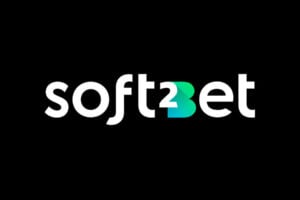Italian gambling reforms: EC extends standstill period amid concerns from Malta

The Malta Gaming Authority has questioned Italy’s “unnecessary barriers” for B2B gambling operations.
Italy.- Proposed Italian gambling reforms will face more scrutiny after the European Commission (EC) extended the standstill period on the legislation due to input from Malta. The EC had opened a consultation on the proposed gambling reforms in August. The standstill period has now been extended until November 18 to allow time to consider a detailed opinion from the Maltese government.
Italy’s proposed reforms would set a framework for new online gambling tenders. Malta’s concerns centre on technical and compliance requirements for B2B businesses. The Malta Gaming Authority (MGA) argues that these would represent “unnecessary barriers” to B2B providers like system and platform suppliers since they would duplicate requirements.
It said: “Member States should recognise that B2B operators may already hold licences in other Member States and may be subject to myriad requirements and checks, which could easily be mutually recognised if a cooperation framework is set up for this purpose.”
It called on Italy to provide justification for the additional technical requirements, warning that the proposed system could be “an obstacle to both the freedom of establishment and the freedom of the provision of services within the internal market.”
The Italian treasury will prepare a response. It’s believed that it will defend the proposed requirements.
Under the proposed regime, Italy’s customs and monopolies agency ADM will continue to oversee online gambling. Nine year licences will cost €7m each, a steep rise from the €200,000 charged under the previous framework launched in 2018. There will also be a 3 per cent fee on gross gaming revenue (GGR).
The Ministry of Finance has justified the increased licence fees on the grounds that the market has significantly changed and is now dominated by major multinational operators. However, the ADM expects that around 50 operators will apply for new licences.
The ADM submitted documentation outlining the rules to the Treasury following the publication of the framework in the parliamentary gazette in April. Technical requirements include the obligation to base IT infrastructure, including cloud solutions, within the European Economic Area (EEA), to comply with EU data protection laws and to ensure secure communication with the state IT provider Sogei.
Operators must also comply with rules for the use of self-exclusion tools. There will also be a ban on affiliated online websites (skins), but separate apps will be allowed per vertical, including betting, casino games, poker and bingo. The framework will be incorporated into Italy’s Decree on the Reorganisation of Gambling, which currently deals with slowly advancing land-based gaming reforms.
Current licences will be extended until the end of next year to allow for the continued delays in the introduction of the new framework.











